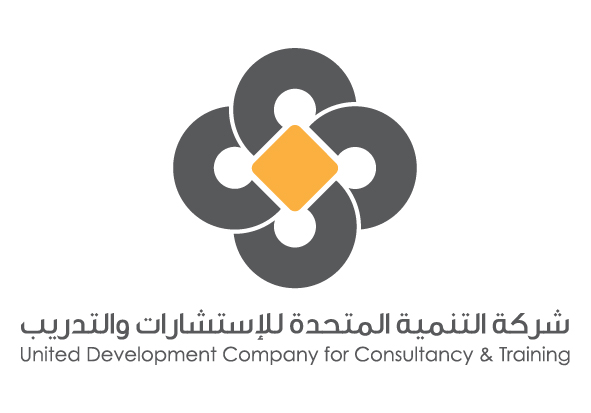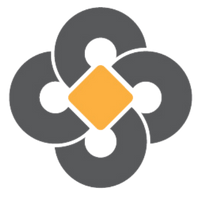
Mastering Fact-Finding and Investigation
August 4 @ 9:00 am - August 8 @ 3:00 pm
Contact Us for Price
OBJECTIVES
• Develop a thorough investigation plan
• Deal with issues around interviews, including confidentiality, anonymity and the presence of third parties
• Prepare for and conduct investigatory interviews
• Evaluate evidence objectively
• Compile a report and conduct an internal investigation
WHO SHOULD ATTEND?
• Employee Relations Specialists
• Negotiation and Mediation Specialists
• Nominees / Volunteers for the Role
• Occupational Health Staff
• HR Generalists
• Line managers responsible for managing/conducting investigations
• Employee representatives
COURSE OUTLINE
Day One: The Organizational Context
• Nature of Inherent Workplace Conflict
• Understanding Employee Relations
• Management Interventions to Minimize Conflict
• Strategic Importance of Investigations
• When are Investigations Needed
• Skills of Suitable Investigators
Day Two: Best Practice and the Legal Framework
• Concept of Natural Justice
• Test of Reasonableness
• Clarifying Policy and Ensuring Transparent Procedure
• Facts v Truth
• The ACAS Recommendations
• Defining Harassment, Bullying and Unfair Discrimination
Day Three: Planning the Investigation
• Selecting Candidates
• The Responsibilities of the Effective Investigator
• Clarifying the Purpose and Limits of the Investigation
• Background Research – Requesting Relevant Documents
• The Order of Interviews
• Practical Session
Day Four: The Course and Format of the Interviews
• Central Nature of the Interviews
• Ensuring a Fair Hearing – Corroborating the Facts
• Permission to Electronically Record
• Challenge of Discriminating Between Opinion and Interpretation
• Weighing up – Likelihood of Events and Actions
• Practical Session
Day Five: Best Practice Reports
• Format Template and Style Guide
• Deciding What Needs to be Included
• Issues of Confidentiality
• Summarizing and Drawing Conclusions
• Recommended Outcomes
Related Courses
| Course Title | Date | Location | Price | |
|---|---|---|---|---|
| Compensation Packages & Salary StructuresH.R and Training | 20 - 24 April, 2025 | 5 Days | Doha, Qatar | KD 1,650.00 |
| Advanced Recruitment and Selection SkillsH.R and Training | 20 - 24 April, 2025 | 5 Days | Dubai, United Arab Emirates | KD 1,650.00 |
| TOT – Practitioner Trainer by ROUND™International Standard Training | 20 - 24 April, 2025 | 5 Days | Kuwait, Kuwait | Contact Us for Price |
| HRM Skills for Today’s Leaders and ProfessionalsH.R and Training | 27 - 1 May, 2025 | 5 Days | Dubai, United Arab Emirates | KD 1,650.00 |



